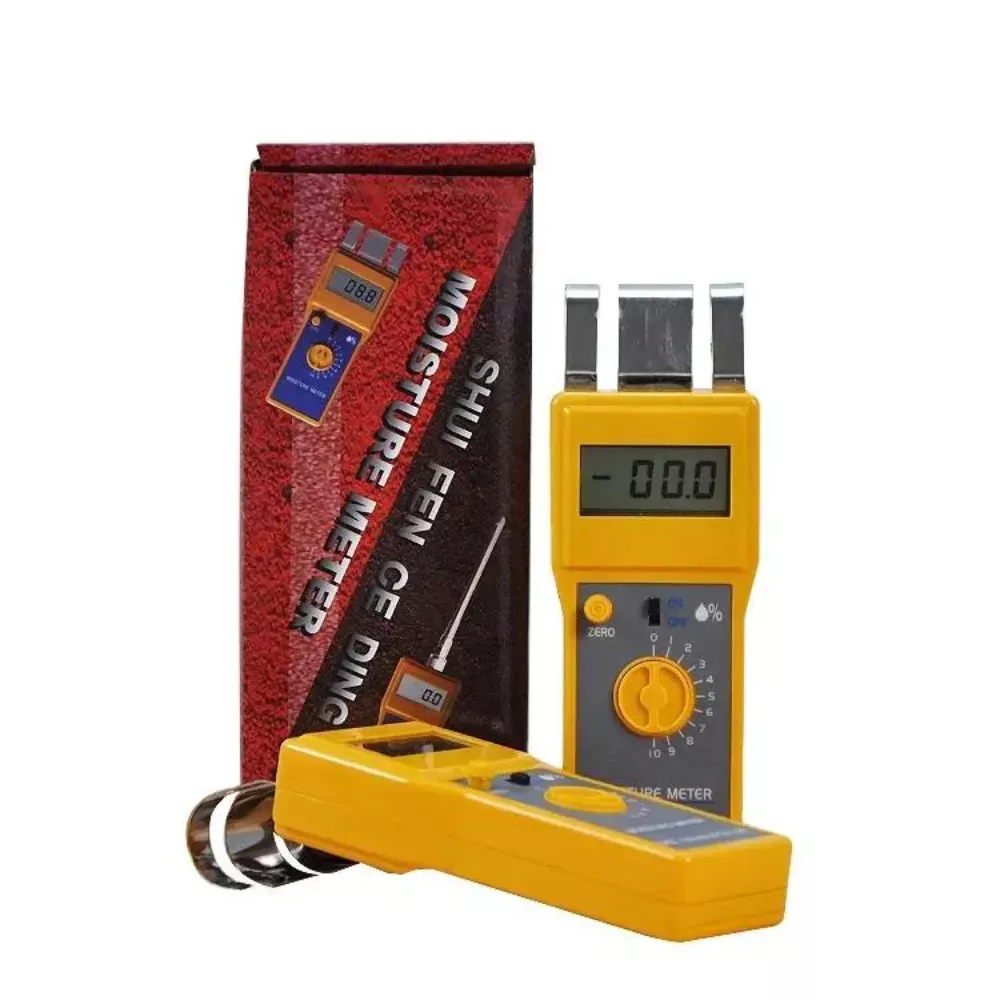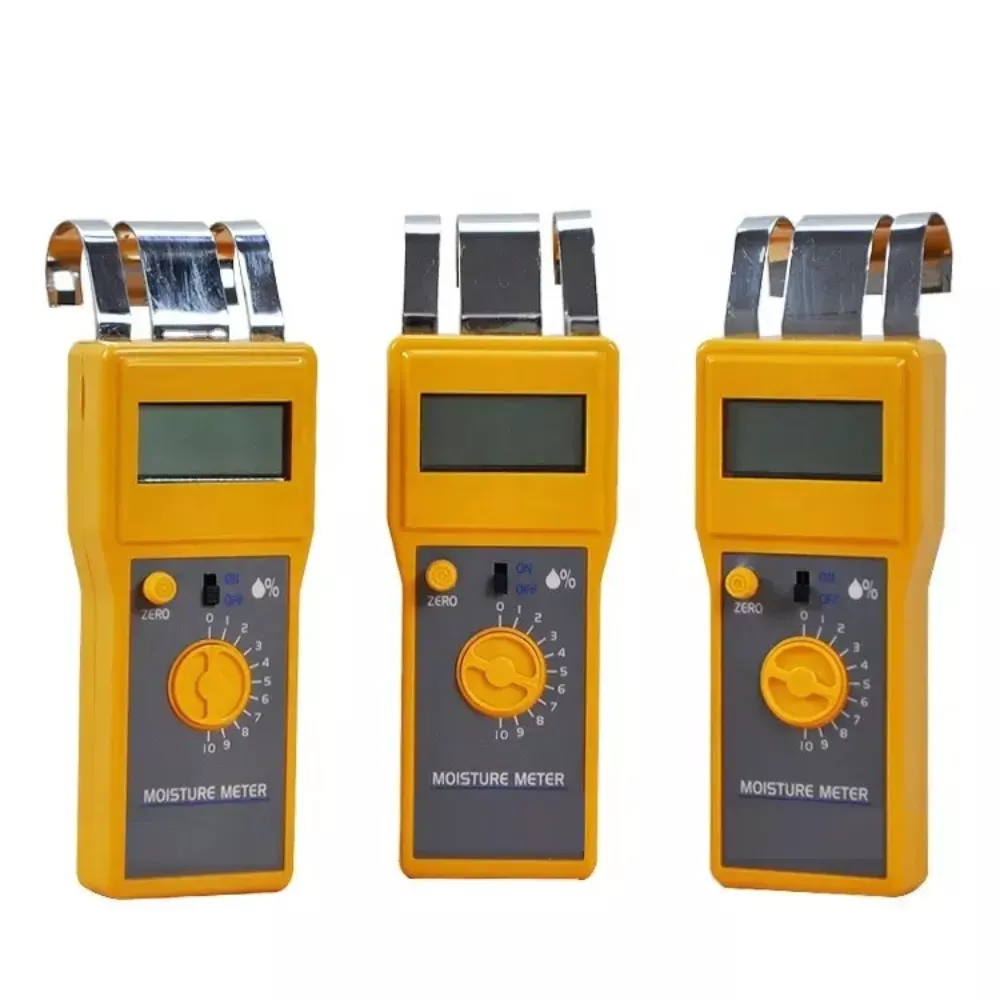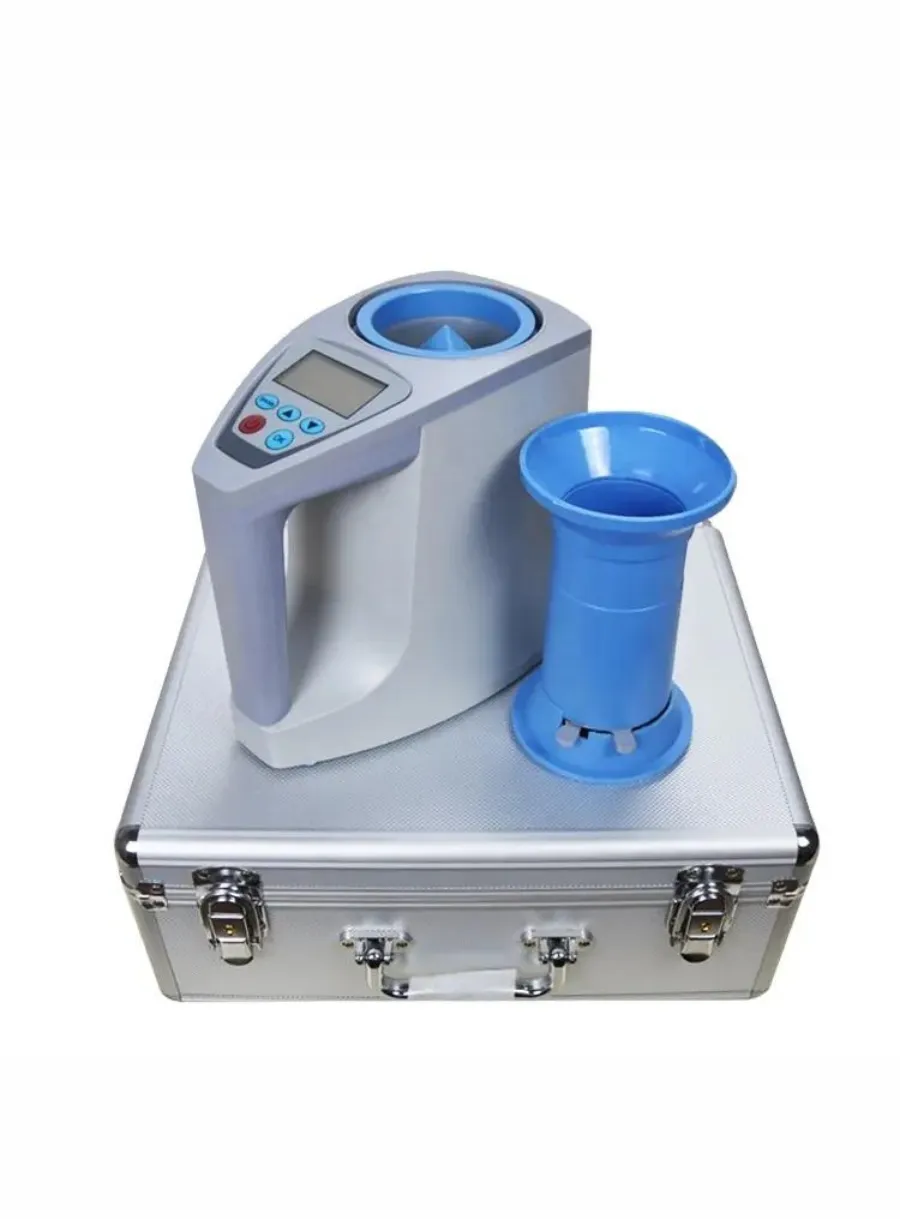
What is Textile Moisture Meters?
Table of Contents
Textile moisture meters are specialized devices designed to measure the moisture content in fabrics and textiles, playing a critical role in ensuring product quality and performance across various stages of textile production. As the textile industry continues to evolve with increasing demands for quality control, sustainability, and innovative manufacturing techniques, the use of moisture meters has gained prominence for preventing issues related to excess moisture, such as mold growth and material degradation.
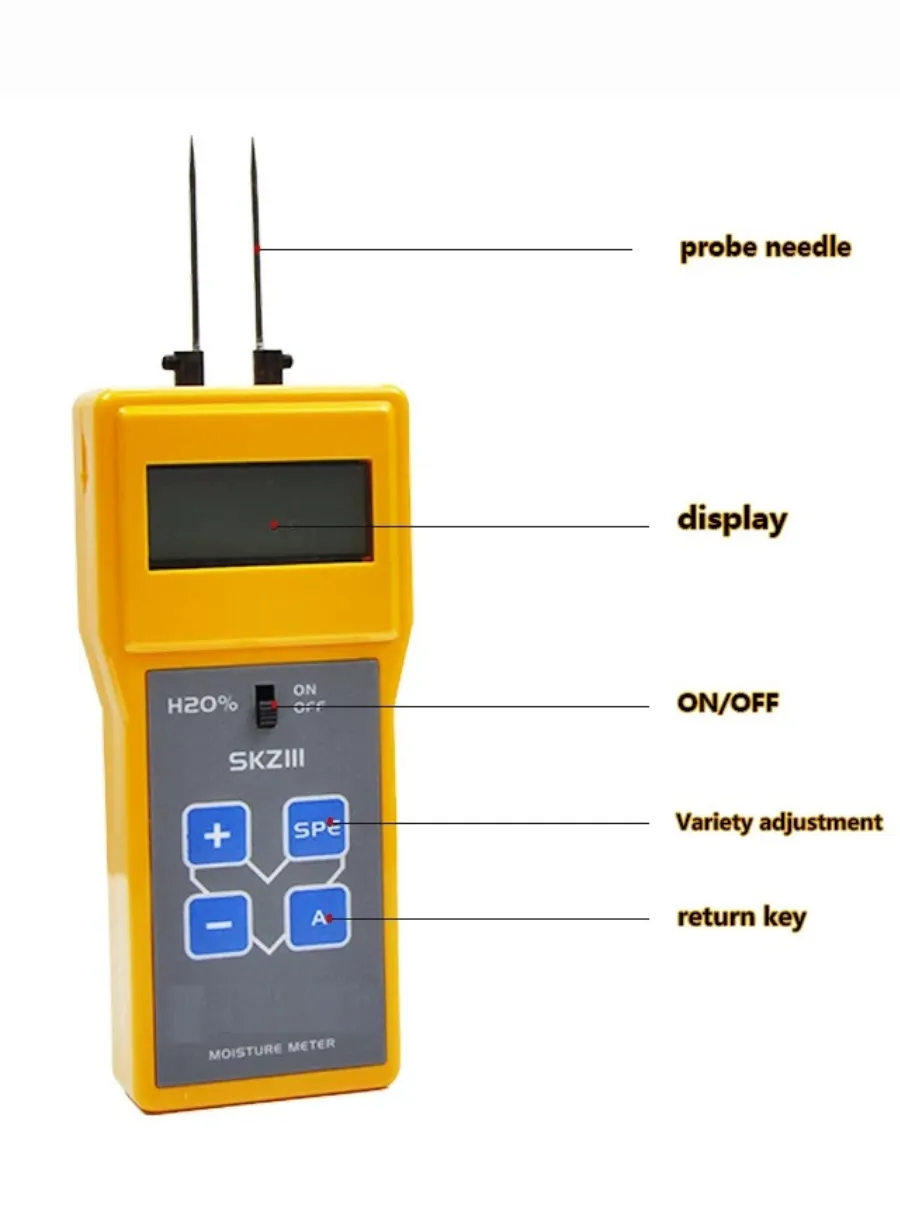
Historically, the need for accurate moisture measurement arose during the Industrial Revolution, leading to the development of various measurement technologies throughout the 20th century. Modern textile moisture meters incorporate advanced methods, including both direct and indirect measurement techniques, enabling manufacturers to maintain strict quality standards during production, post-production assessments, and environmental monitoring.
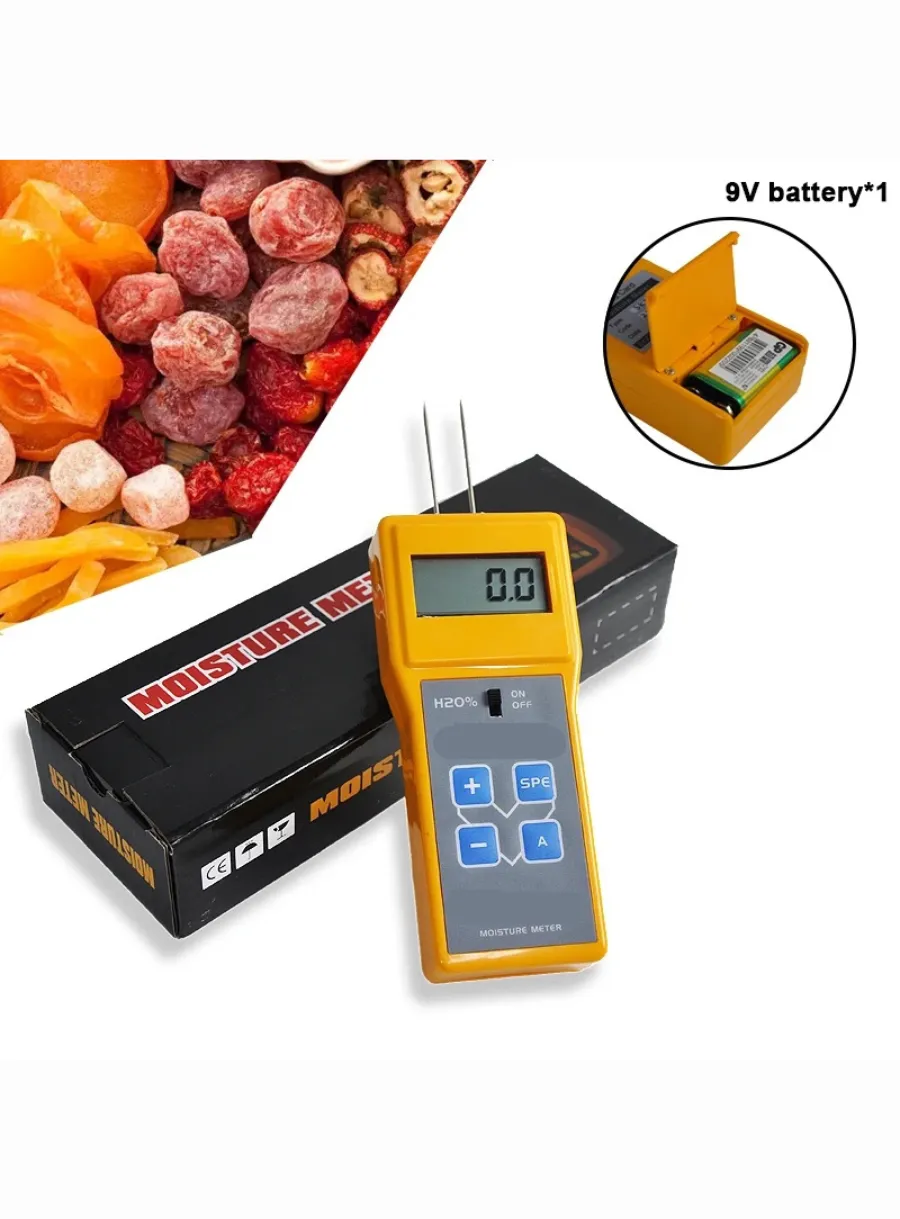
This ensures that raw materials and finished goods meet specified moisture levels, ultimately affecting their durability and performance in commercial applications. The importance of textile moisture meters extends beyond manufacturing; they are also utilized in research and development, contributing to innovations in moisture management and the creation of new textile materials.
Challenges and Limitations
However, challenges remain, including the high initial cost of advanced moisture meters and the necessity for regular calibration to ensure accuracy, which can complicate their practical application in some contexts.
Future Trends and Innovations
As the industry moves towards smart textiles and more sustainable practices, the future of textile moisture meters is expected to be shaped by technological advancements and the integration of moisture-sensing capabilities within fabrics themselves. This progression will likely enhance functionality and broaden their applications, addressing both consumer demands and environmental considerations in textile production.
Comments
Tags
Frequently Asked Question
Textile moisture meters are designed to measure moisture content in fabrics and textiles, ensuring product quality and performance across various stages of textile production.
They help prevent issues related to excess moisture, such as mold growth and material degradation, by enabling manufacturers to maintain strict quality standards during production and post-production assessments.
Challenges include the high initial cost of advanced moisture meters and the need for regular calibration to ensure accuracy, which can complicate their practical application in some contexts.
The future of textile moisture meters is likely to be shaped by technological advancements and the integration of moisture-sensing capabilities within fabrics themselves, addressing both consumer demands and environmental considerations in textile production.

